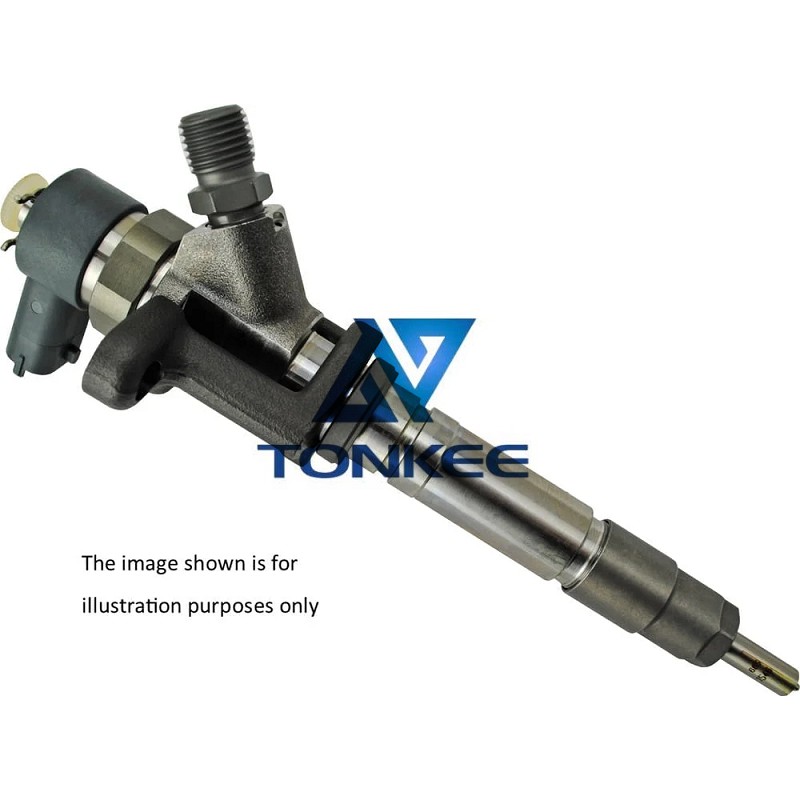 Flow Rate: Common rail injectors are specified by their flow rate, typically measured in cubic centimeters per minute (cc/min) or liters per hour (L/hr).
Flow Rate: Common rail injectors are specified by their flow rate, typically measured in cubic centimeters per minute (cc/min) or liters per hour (L/hr).
This specification determines how much fuel the injector can deliver in a given time.
Fuel Atomization: Efficient fuel atomization is essential for proper combustion. Common rail injectors are designed to break down fuel into fine droplets for better mixing with air, leading to improved combustion efficiency.
Durability: These injectors operate under high pressures and must endure harsh conditions. Durability is a crucial factor, and materials and construction are engineered to withstand these challenges.
Injection Pressure: Common rail systems operate at very high pressures, often exceeding 30,000 PSI (pounds per square inch). The injector must be able to handle these pressures without leaking or failing.
Precision Engineering: Common rail injectors are known for their precision.
They must deliver fuel with exact timing and control to optimize combustion and reduce emissions.
Environmental Considerations: As emissions regulations become more stringent, common rail diesel injectors are designed to minimize harmful pollutants in exhaust gases, contributing to cleaner operation and compliance with emissions standards.
Fuel Efficiency: Precise control of fuel injection leads to improved fuel efficiency, which saves money and reduces the environmental impact.
Noise Reduction: Modern injectors are designed to minimize noise and vibration during operation, contributing to a quieter and more comfortable driving experience.
Compatibility: Common rail injectors should be compatible with a wide range of diesel engines, ensuring versatility for various automotive and industrial applications.



 English
English Русский язык
Русский язык



